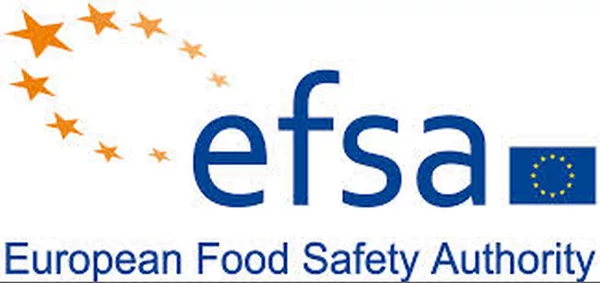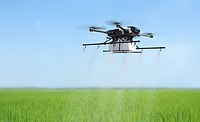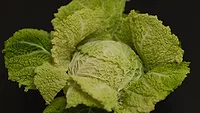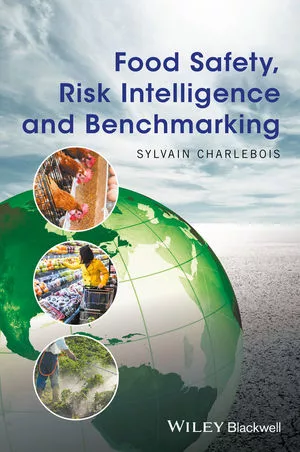EFSA: Pesticide Residues in Food Pose Low Consumer Risk

The European Food Safety Authority (EFSA) has released its annual report on pesticide residues in food.
In The 2014 European Union Report on Pesticide Residues in Food, the agency analyzed nearly 83,000 food samples gathered from 28 European Union (EU) Member States, including Croatia for the first time.
Upon collection of food samples in the EU, 97 percent were either free of any pesticide residues, or contained traces that were within the EU’s legal limits. Besides this primary finding, other results from the report include:
- Of the 97 percent that were pesticide free or within legal limits, 53.6 percent of those were free of quantifiable residues and 43.4 percent contained residues that were within permitted concentrations.
- Of the samples originating from EU/European Economic Area countries, 1.6 percent contained residues exceeding legal limits; the corresponding figure for samples from third countries was 6.5 percent.
- No quantifiable residues were found in 91.8 percent of baby food samples.
- 98.8 percent of organic products were either free of residues or contained residues within legal limits.
- EFSA used data from the report to assess whether current dietary exposure to pesticide residues presents a risk to the health of Europeans in the long term (chronic) or short term (acute). In both cases, the Authority concluded that exposure is unlikely to pose a threat to human health.
These results are consistent with what has also been recorded in previous years, which the EFSA’s Pesticides Unit believes this means that “the EU is continuing to protect consumers by controlling the presence of pesticide residues in food.”
As far as the report itself, EFSA has continually made improvements. This year, the report contains suggestions on how pesticide control programs can be made more efficient. Also, EFSA has made a number of changes in response to requests and comments from stakeholders. For example, the report now includes greater detail on organic products and baby food, a specific section on glyphosate, and more comparisons with results from previous years.
EFSA has made a number of proposals to improve the effectiveness of monitoring of pesticides in the EU. These include:
Extending the scope of the monitoring programme to food products such as small fruits, berries and tea, which were frequently identified as containing residues.
- Reducing analysis of animal products and shifting the monitoring focus to animal feed e.g. soya bean, rapeseed and barley.
- Including mandatory analysis of glyphosate in the above crops.
- Including honey in the “basket” of samples to improve understanding of exposure of bees and inform possible revision of legal limits of residues in honey.
- Improving communication of changes to permitted residue levels to importers of food from outside the EU.
Visit EFSA’s website for more information on The 2014 European Union Report on Pesticide Residues in Food
Sign up for Food Safety Magazine’s bi-weekly emails!
Looking for quick answers on food safety topics?
Try Ask FSM, our new smart AI search tool.
Ask FSM →








